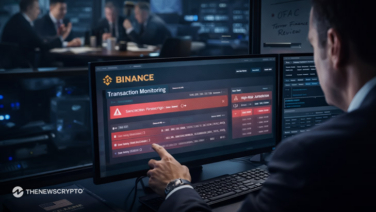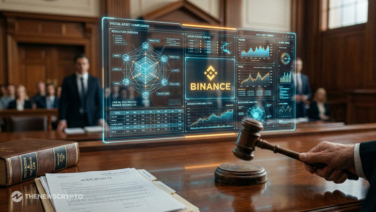- Binance was subpoenaed to provide any and all data pertaining to any and all files.
- Exchanges must register with the Treasury Department and adhere to AML rules.
Binance was requested by U.S. authorities to hand over records. This was pertaining to the company’s anti-money laundering measures, as well as messages including of CEO Changpeng Zhao (CZ).
Reuters reported Thursday that a request from the Justice Department was made in December 2020. It was aimed for CZ and 12 other exchanges and partners to divulge correspondence. Discussing how the exchange handles unlawful transactions and recruits U.S. consumers.
Binance was also subpoenaed to provide any and all data pertaining to any and all files that had been marked as “documents [to] be destroyed, altered, or removed from Binance’s files” or “transferred from the United States.” A total of 29 papers related to the company’s management, structure, finances, operations, and compliance processes were sought by the prosecutors in 2017, according to the report.
Building Trust with Regulators
The inquiry into whether or not Binance complies with U.S. financial regulations prompted the request. Several people with knowledge of the situation claim that the United States government investigated Binance to see whether it had broken the Bank Secrecy Act. Moreover, cryptocurrency exchanges must register with the Treasury Department and adhere to AML rules. Furthermore, the maximum term for breaking the law is 10 years in jail.
Binance’s chief communications officer, Patrick Hillmann, responded to Reuters’ request for comment by saying that reaching out to regulated crypto groups was “a standard process.”
Another story today about a crypto company receiving an inquiry from a regulator. A request to VOLUNTARILY share certain information back in 2020, which we did. Important for the industry to build trust with regulators.
— CZ 🔶 Binance (@cz_binance) September 1, 2022
My chat messages are semi-public anyway. pic.twitter.com/h35Xd4tZhf
However, on Thursday, CZ verified the report’s assertions on Twitter. The CEO stated that the exchange had indeed freely turned over information. It was “a request to VOLUNTARILY share certain information back in 2020, which we did,” he added, noting that the United States’ prosecutors had made “important for the industry to build trust with regulators.”








